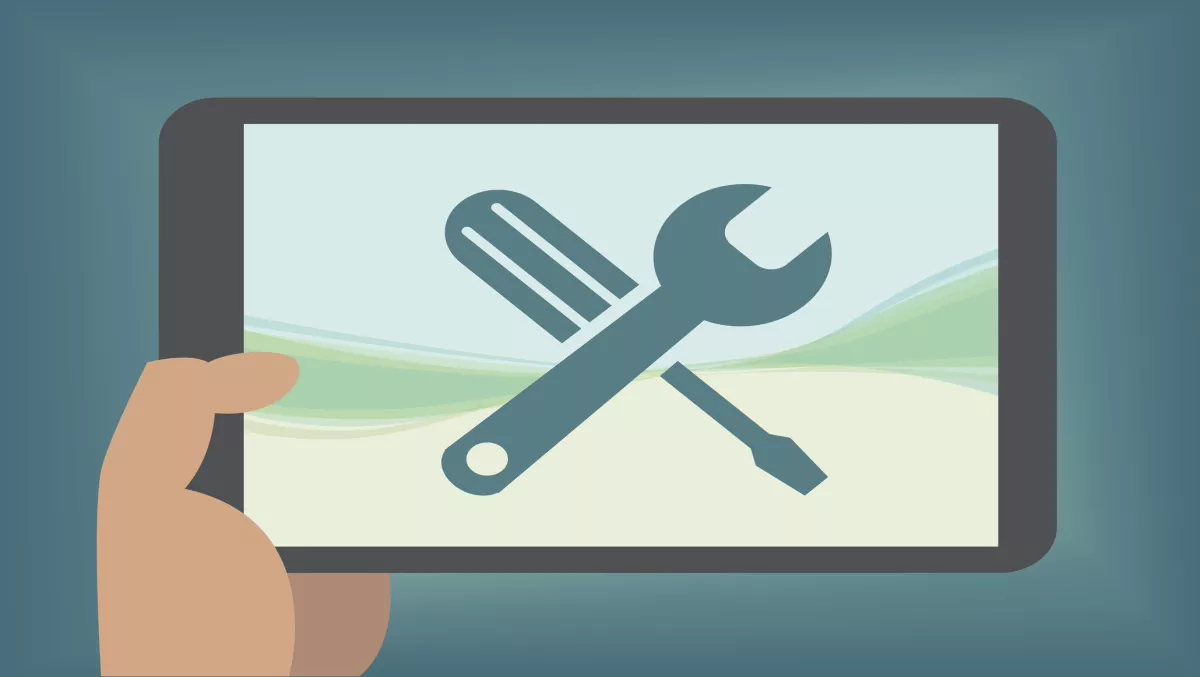
Mobile app development is not just for coders and programmers
The growth of the rapid mobile app development (RMAD) market shows the pent-up demand for "coding-optional" tools to build apps quickly and cost-effectively. Application development leaders should evaluate and employ these tools to deliver business value more quickly for their enterprise mobile app strategies.
RMAD tools are a class of coding-optional tools that enable non-programmers to build mobile apps to support, at a minimum, iOS and Android devices.
These tools offer high productivity for developers and non-developers alike through a variety of approaches that both automate and abstract app development efforts, including drag-and-drop editors, code generation and orchestration, model-driven development, virtualisation, business process mapping, component assembly, app configuration and forms construction.
Many IT groups are unable to keep up with the growing demand for mobile apps within their organisations. Popular approaches to delivering mobile apps, using conventional coding (via native integrated development environment/software development kits and open source frameworks) or mobile application development platforms (MADP), demand programmer skills that are in short supply and result in relatively long development times.
Alternative, faster approaches are required for rapid delivery by a wider range of mobile stakeholders, such as business analysts and marketing professionals. Tools that meet these needs can be classified as being "RMAD tools." There is a burgeoning market for these tools that even MADP vendors are addressing in their front-end tools.
Users of these RMAD tools can come from many areas of an organisation and do not have to understand or learn the intricate details of mobile app mechanics, such as offline data synchronisation. Their objective is to produce useful apps as rapidly and as easily as they might create a presentation using a typical office productivity suite.
The demand and potential value of RMAD tools has generated large numbers of providers, many of which are small or specialist companies that have been in business for less than five years. This fragmentation has caused IT departments to look skeptically at these providers given their desire for well-established, long-term providers.
This skepticism is ill-advised, however, as mobile apps are fluid. With the constantly evolving device hardware and operating systems landscape, this fluidity will persist and will cause organisations to develop greenfield apps relatively frequently, giving organisations an opportunity to adopt best-in-class tools relatively regularly. The place to start investigating RMAD vendors is Gartner's "2016 Market Guide for Rapid Mobile App Development Tools."

